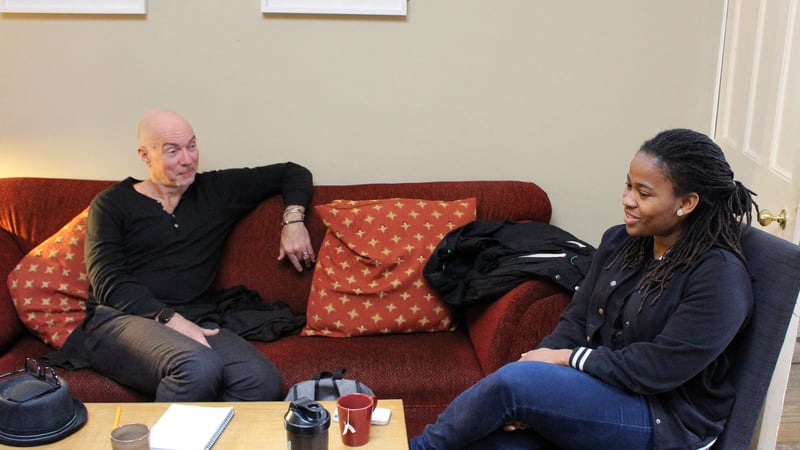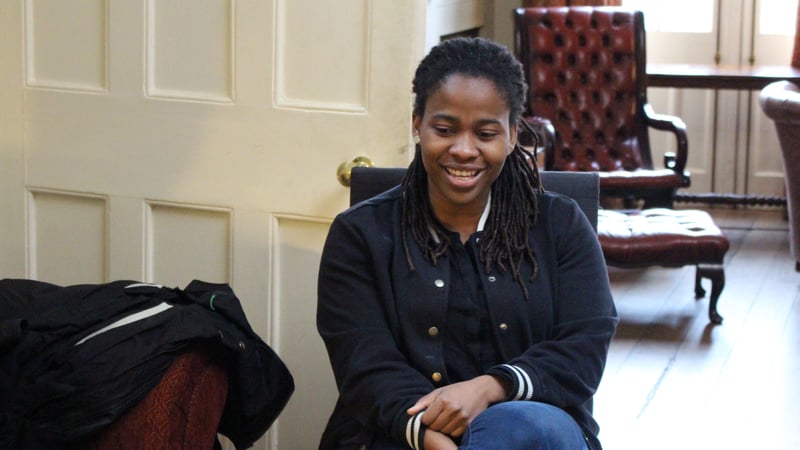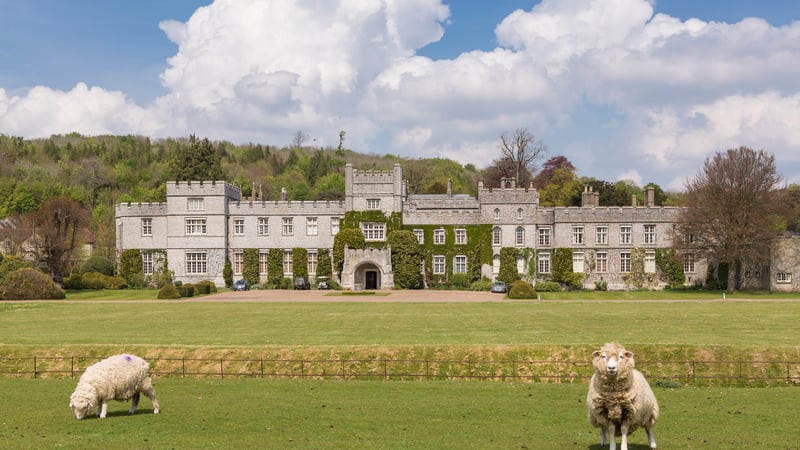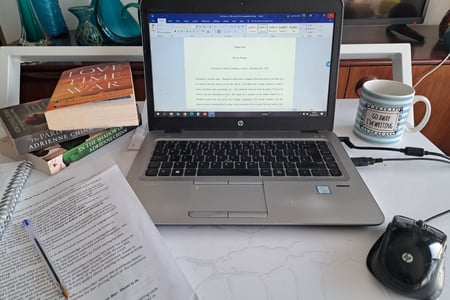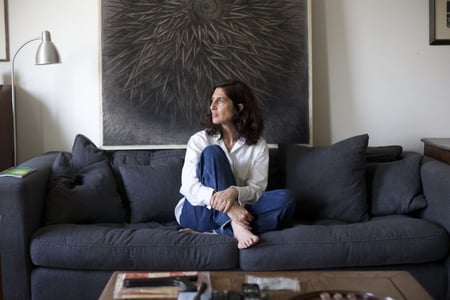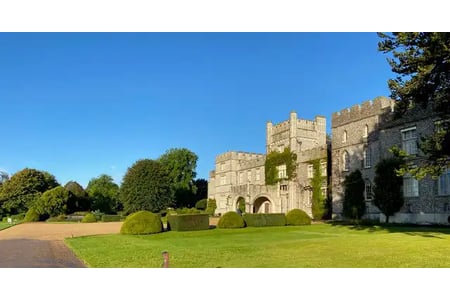In Conversation with Rutendo Chabikwa
Mark Radcliffe, Subject Leader for the MA Creative Writing and Publishing programme, enjoys a conversation with Rutendo Chabikwa during her one-week residency at West Dean College.
This week, West Dean College has very much enjoyed playing host to Zimbabwean writer Rutendo Chabikwa. Rutendo is the joint winner of Myriad Editions in conjunction with the West Dean College First Fiction competition. Her work can be seen in the upcoming New Daughters Of Africa, a collection of 200 African women writers that is published in March 2019 by Myriad, and she is currently working on a brilliantly conceived pair of novellas.
I met her early in the week to see what she thought of the College, its community and (because I think of them as motif mascots) the sheep, and to chat about how the environment here is affecting her writing process.
Rutendo has just finished an MSc in Women, Peace and Security at LSE, a course she was in the middle of when she decided to enter the First Fiction competition.
Like me Rutendo didn't know much about West Dean before she got here, and frankly she suffered for having me as her guide. I did manage to show her some of the gardens and some of the walks as well as some art, including Dali's Lips Sofa and some selected tapestries. But my commentary consisted of insights like: 'And this is a really big, impressive tapestry.'
I did reflect that it can take a little while to 'land' in a place like West Dean. One can be invited to notice the detail, the content, the richness, the art and history but we agreed that for both of us we were still revelling in the fact that it exists; as a community, an environment, a source of creative possibility.
